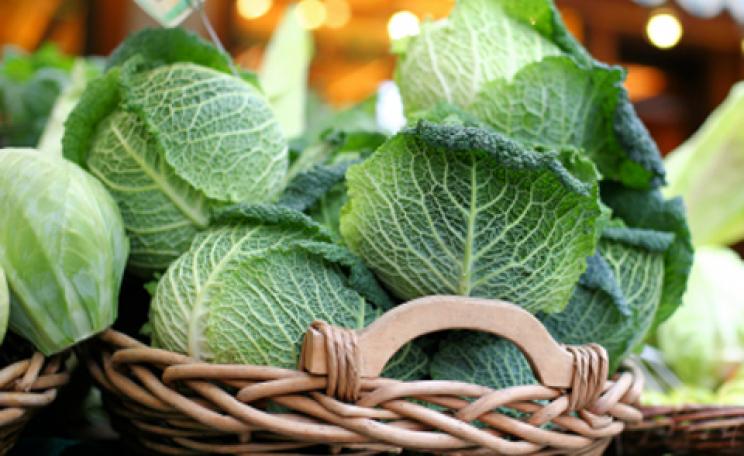Food waste is a serious problem with Brits throwing away 7.2 million tonnes of the stuff every year, much of it the result of the annual festive splurge. According to recycling campaign, Love Food Hate Waste, the carbon dioxide equivalent to reducing that food waste would be the same as taking one in five cars off the road. Food makes up almost one fifth of waste in developed countries, with the US and UK among the worst offenders. Worse still, a report earlier this year by the UN Food and Agriculture Organisation (FOA) found that globally one third of all food goes to waste. When food is collected by waste authorities and put into landfill, it decomposes underground without oxygen (anaerobic conditions) and produces methane - a greenhouse gas 23 times more potent than carbon dioxide. If the talk of elephants and gases turn you off, perhaps the £275million spent on wasted food this Christmas will give you reason to take note. Either way, here's how to make the most of your leftovers.
Reheat
For the ultimate snack, the ultimate Christmas sandwich is where it's at. Some like to include at least two pieces of everything that appeared on the Christmas dinner table, while others prefer to keep it simple and stick to plain turkey. For The Ecologist, the ultimate Christmas sandwich means two slices of white, organic bread, a pile of turkey, a spoonful of stuffing and a dollop of home made mayonaise. Ditch the cranberry sauce - it has the biggest carbon footprint of all Christmas condiments.
Bubble and Squeak is a real classic and apart from potatoes requires no specific ingredients so is great for using up brussel sprouts, cauliflower, cabbage or anything else you might have. Roughly chop the lot and slide it into a well oiled pan, with some finely chopped garlic, fresh herbs, salt and pepper. For more ideas, check out the Love Food Hate Waste guide to using leftovers by ingredient.
 Reuse
Reuse
London Street Food Bank (LSF) is a not for profit organisation that accepts food donations to feed the homeless and low income families in London’s East end. Sealed foods are preferred as the Food Standards Agency restricts the passing of opened, treated or cooked food. However LSF are able to accept food from restaurants in this manner. Check your local area from similar schemes.
Recycle
Composting is natures recycling, turning organic matter into fertiliser and soil amendment. While turkey, ham, beef or any other meat you may have acquired over the festive season isn't compostable, almost everything else from your Christmas dinner is, up to and including the after dinner coffee grounds. While starting composting in winter isn't recommended, it's not a complete no-no but it is more difficult, especially for beginners. However if you do compost or started earlier this year, you'll know just how compostable Christmas is. If you are thinking about composting, check out our beginner’s guide.
| READ MORE... | |
 |
GREEN LIVING Five of the best…foodie gifts to make at home Eco-friendly, delicious and ultra personal: Laurie Tuffrey explains why homemade treats trump Tesco’s and how to make them |
 |
GREEN LIVING Top 10…Christmas markets Whether you're after an locally reared turkey or a handmade ethical gift, a festive fair is where you'll find them. The Ecologist has the lowdown on Europe's best Christmas markets |
 |
GREEN LIVING Frankincense and myrrh: an ethical nightmare? Frankincense and myrrh are prized for their fabulous scent and are an essential ingredient in beauty products. But with 90 per cent of the global supply originating in war-torn Somalia, just how ethical can they really be? |
 |
GREEN LIVING Starved to death: are high protein diets killing the planet? From the Atkins to the Dukan, protein-based diets are big news in the celebrity world. But what effect is our love affair with meat, fish and cheese having on the environment? |
 |
GREEN LIVING Snack on that! Are insects the future of food? With seven billion people to feed, agriculture is feeling the strain. So are creepie crawlies the solution? The Ecologist takes a closer look |








